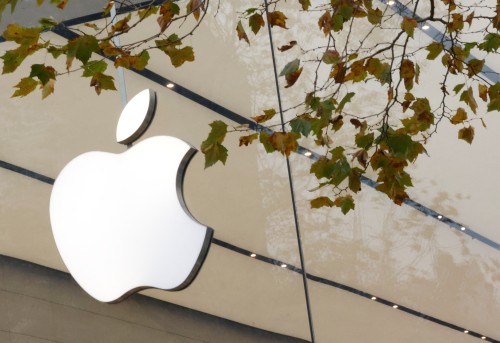By Karl Plume
CHICAGO (Reuters) – China’s Sinograin has bought nearly 500,000 metric tons of U.S. soybeans this week for shipment in March and April, paying more for U.S. supplies for state reserves rather than buying cheaper Brazilian beans, two U.S. traders familiar with the deals said.
China is the world’s top soy buyer and a crucial market for both U.S. and Brazilian farmers, who supply the bulk of China’s imports.
The industry is monitoring sales and trade flows to China closely ahead of President-elect Donald Trump’s inauguration on Jan. 20, on concern that another round of tit-for-tat tariffs would erode the value of U.S. soybeans.
Soy prices hit four-year lows this week on trade tensions and amid high U.S. stockpiles and a looming record harvest in Brazil.
Sinograin’s purchases this week follow deals China booked last week for around 750,000 tons for shipment from January to March. Those are modest volumes for Sinograin, China’s state-run grains trader and strategic reserves manager, which typically buys millions of tons at a time, the traders said.
Sinograin prefers U.S. beans when it is buying for storage because they are less prone to spoilage than those from Brazil, traders said.
Sinograin did not immediately respond to a request for comment on Thursday.
That would explain Sinograin paying more for U.S. beans, rather than buying cheaper Brazilian beans that will be abundant during the March-April delivery period, according to market analysts.
Sinograin bought at around 90 cents a bushel over Chicago Board of Trade March futures and 80 cents over May futures on a free-on-board (FOB) basis, according to one trader, around 80 cents to $1 above Brazilian FOB prices for that period.
The purchases come as overall Chinese agricultural imports have slowed. They also come as Brazil, China’s top soy supplier, is preparing to harvest a record crop.
Poor processing margins for turning soy into animal feed and oil are discouraging imports, and tariff threats by Trump have stoked tensions between the two economic powers.
U.S. exporters have been racing to ship soybeans to China before Brazilian supplies hit the market early next year and before Trump takes office.
Imports by private crushers could be subject to any tariffs imposed on U.S. supplies by China in response to Trump’s mooted duties. That would make the soybeans costly. State-run importers, however, are more likely to receive tariff exemptions, traders said.
Chinese purchases of the most recent U.S. soybean crop for shipment through next summer are running about 6% behind last year, compared with forecasts for a mere 2.6% drop in Chinese imports of soybeans, according to U.S. Department of Agriculture data.
The purchases may be intended as an olive branch to trade hawks in the incoming U.S. administration, the traders said. But market analysts said they were more likely intended to replenish the country’s strategic reserves, because the volumes were not big enough to score political points.
“If the Chinese do it for political appeasement it’s millions of metric tons, not a few tons here and there,” said Dan Basse, president of Chicago-based AgResource Co.
The recent purchases were much smaller than other deals viewed as political appeasement, such as the roughly 3 million metric tons purchased in a single week ahead of an APEC summit in November 2023 where relations between China, Taiwan and the U.S. were at the top of the agenda, he said.
The price premium for U.S. beans also suggests China is looking to top off its reserves – and that the buying spree could be short-lived, Basse said.
Volumes in China’s state reserves are a closely guarded secret, although supplies are regularly auctioned off to domestic crushers then refilled with fresh supplies.
“When South America is a dollar a bushel cheaper than the United States, it’s hard to keep doing this,” Basse said.
Unlike private Chinese crushers which are more price sensitive, Sinograin tends to be more focused on soybean quality, said a veteran soy industry executive in China.
“Brazil beans are so easily degraded in storage, never being considered for the reserve program,” the executive said. “Only quantity will tell if the purchases are out of concerns over a possible trade war.”
(Reporting by Karl Plume in Chicago and Mei Mei Chu in Beijing; Editing by Simon Webb, P.J. Huffstutter and Lincoln Feast.)


